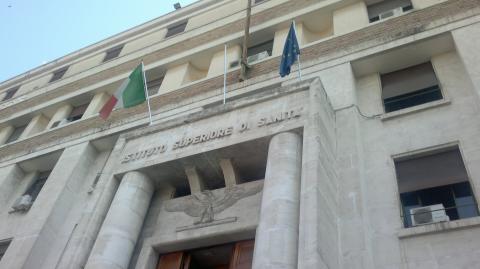Facing the pandemic threat: the ASSET Summer School

Infectious diseases not only impact on people’s health conditions, but also on several socio-economic aspects. Facing epidemics and pandemics is thus a major challenge for both science and society, a challenge that requires a multidisciplinary approach. Within this context, the first ASSET Summer School will be held in Rome, on September 21-24, at the Italian National Institute of Health (ISS).
This workshop was conceived to fit the interests of professionals with a background education and a working experience in different fields related to infectious diseases outbreaks – like medicine, philosophy, social science, health economics and communication. Participants were selected based on evaluation of CVs and motivation letters, and will follow an intense series of lectures, group work exercises and case studies. The daily programme will run from 9 am to 5 pm and the lessons will be given by lectures from prominent international experts on several topics, ranging from crisis management to issues related to social and health inequalities, and participate to group work exercises and case studies.
ASSET is a project funded by the European Commission, which combines a multidisciplinary set of expertise in order to address effectively scientific and societal challenges raised by pandemics and associated crisis management.
The ASSET Summer School aims at establishing an interactive learning space for researchers and practitioners, in order to share and exchange knowledge related to epidemics and pandemics. Lecturers will discuss the ethical, legal and societal implications of pandemics, the unsolved scientific questions about them, the main problems about outbreaks governance and gender-related issues.
Engagement, gender equity, science education, open access, ethics and governance are thus the keywords of the event, which falls within the main action plan launched in 2001 by the European Commission, with the aim to foster public engagement and a sustained two-way dialogue between science and civil society.
The event is organized by the National Centre for Epidemiological Surveillance and Health Promotion (CNESPS) and will be held at the National Institute of Health, Via Giano della Bella 34, Rome.
For further information:
Eva C. Appelgren
Phone +39-6-49904013
Fax +39-6-49904110
Email eva.appelgren@iss.it
